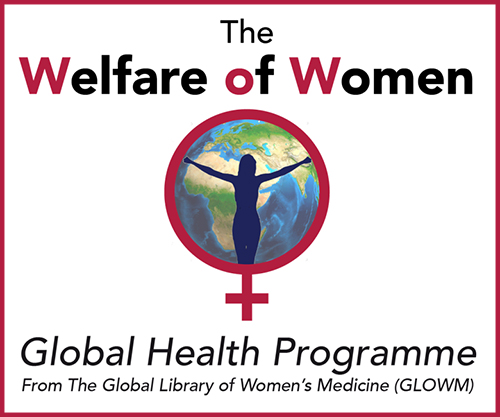The Alliance for
Global Women’s Medicine
A worldwide fellowship of health professionals working together to
promote, advocate for and enhance the Welfare of Women everywhere
Menu

Women's reproductive life stages

*Written by experienced doctors, midwives and other medical professionals – and approved by a specialist Editorial Board
Enhancing the Welfare of Women
Expert Health Information for Women
Women's reproductive life stages
Changes in women's reproductive system from
childhood to old age
childhood to old age

Women go through reproductive changes in their lives, and should be prepared for what happens at the different stages.
There are three main stages in a woman's reproductive life.



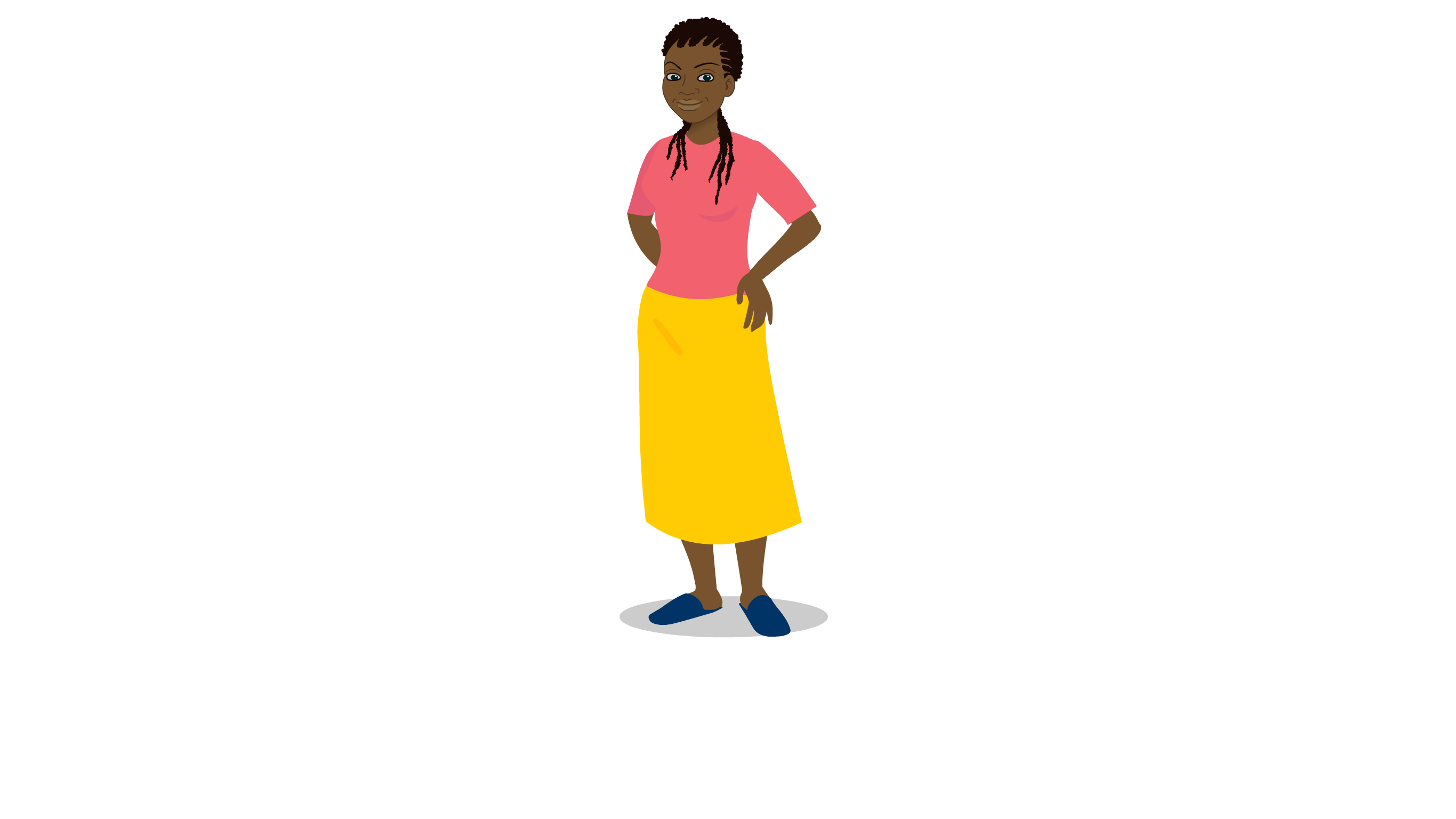

The three stages are being a girl, before periods start; having periods, which is when you can get pregnant; and after the menopause, when your periods have stopped.


Before periods start, the body is changing and growing and getting ready for the next stage.


Puberty usually starts between 10 and 14 years old. Big changes happen in the body; hair grows under the arms and between the legs, and breasts grow.


Monthly bleeds (periods) start. This is the start of the reproductive stage.




Each month, an egg comes out of the ovary, and the lining of the womb thickens because of changes in hormones.


Later in the cycle, the lining comes away leading to bleeding from the vagina, which is a period.

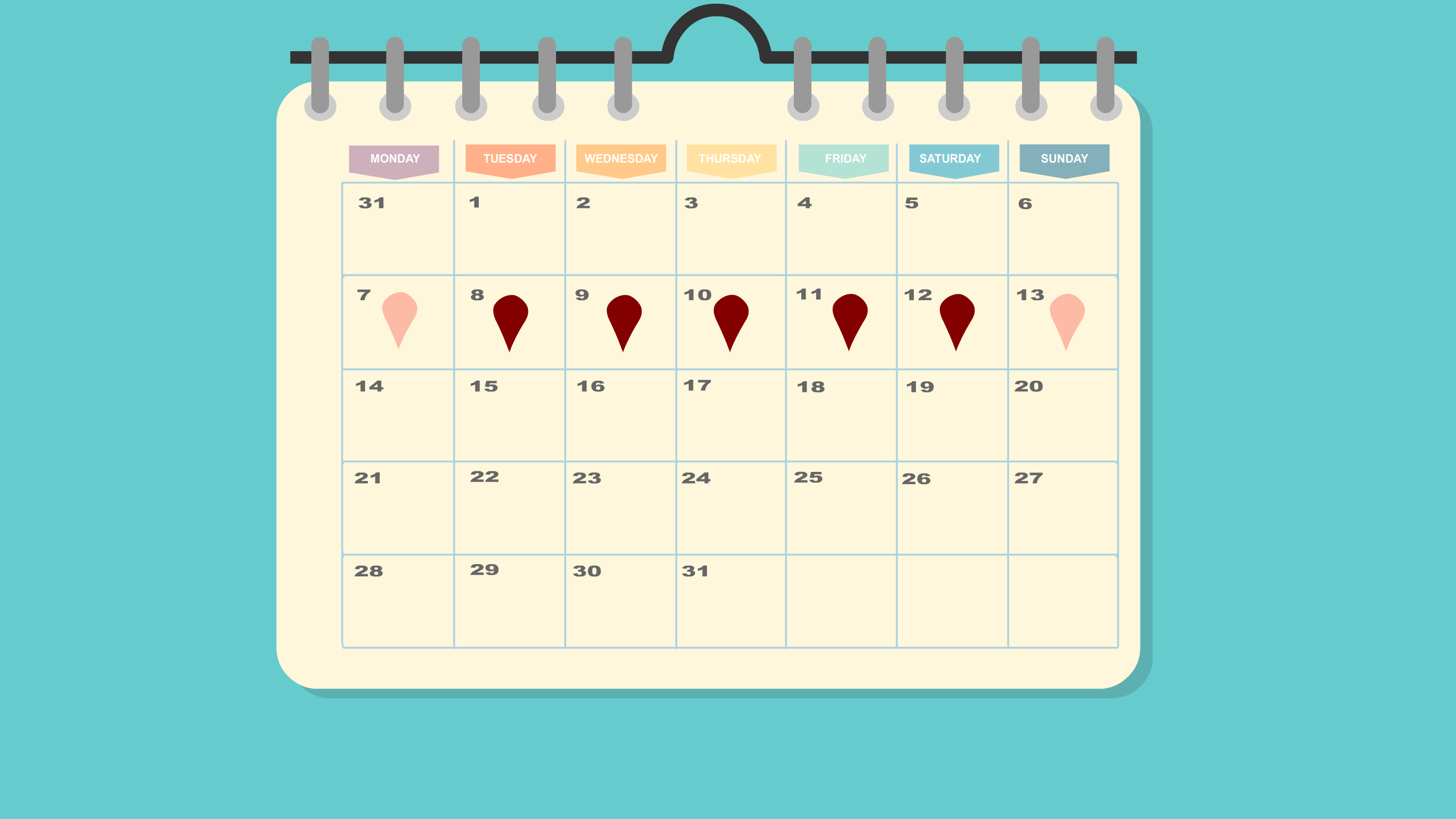
Periods should usually last between 3 and 7 days and come once a month, but this can be different for different women.






It is not unclean to have a period, but you will need to use sanitary products such as cloths, pads, cups or tampons and change them often.



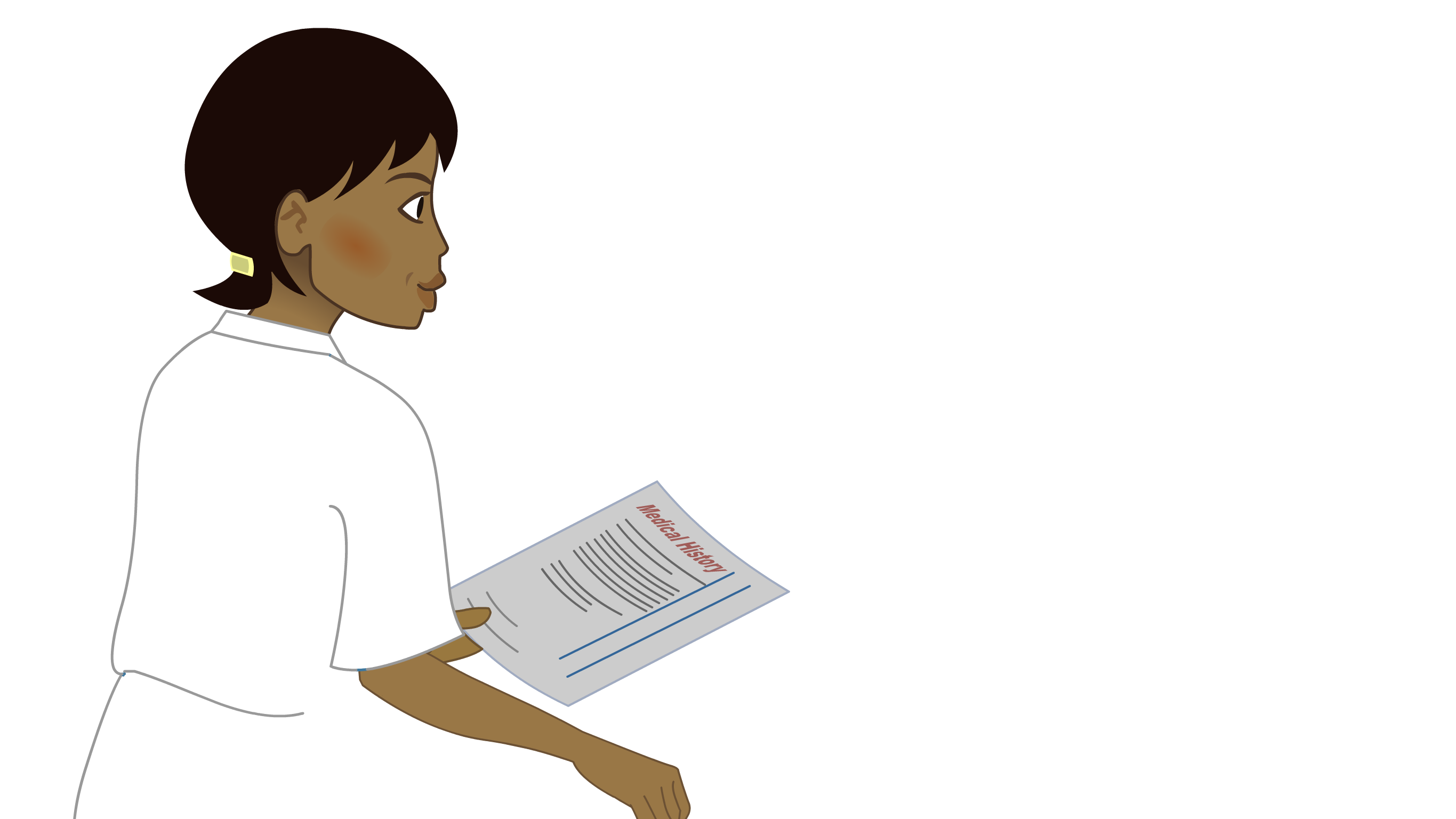
If you get bleeding in between your periods or after sex it is important to speak to your healthcare worker.




You need to use contraception (family planning) if you are having sex and you do not want to get pregnant. Pregnancy happens when a man's sperm and a woman's egg join together.


Some types of contraception can help if your periods are heavy, painful or you don’t like having them, as well as preventing pregnancy.
Contraception that stops your periods is not unhealthy. It will not stop you from getting pregnant when you stop using it.



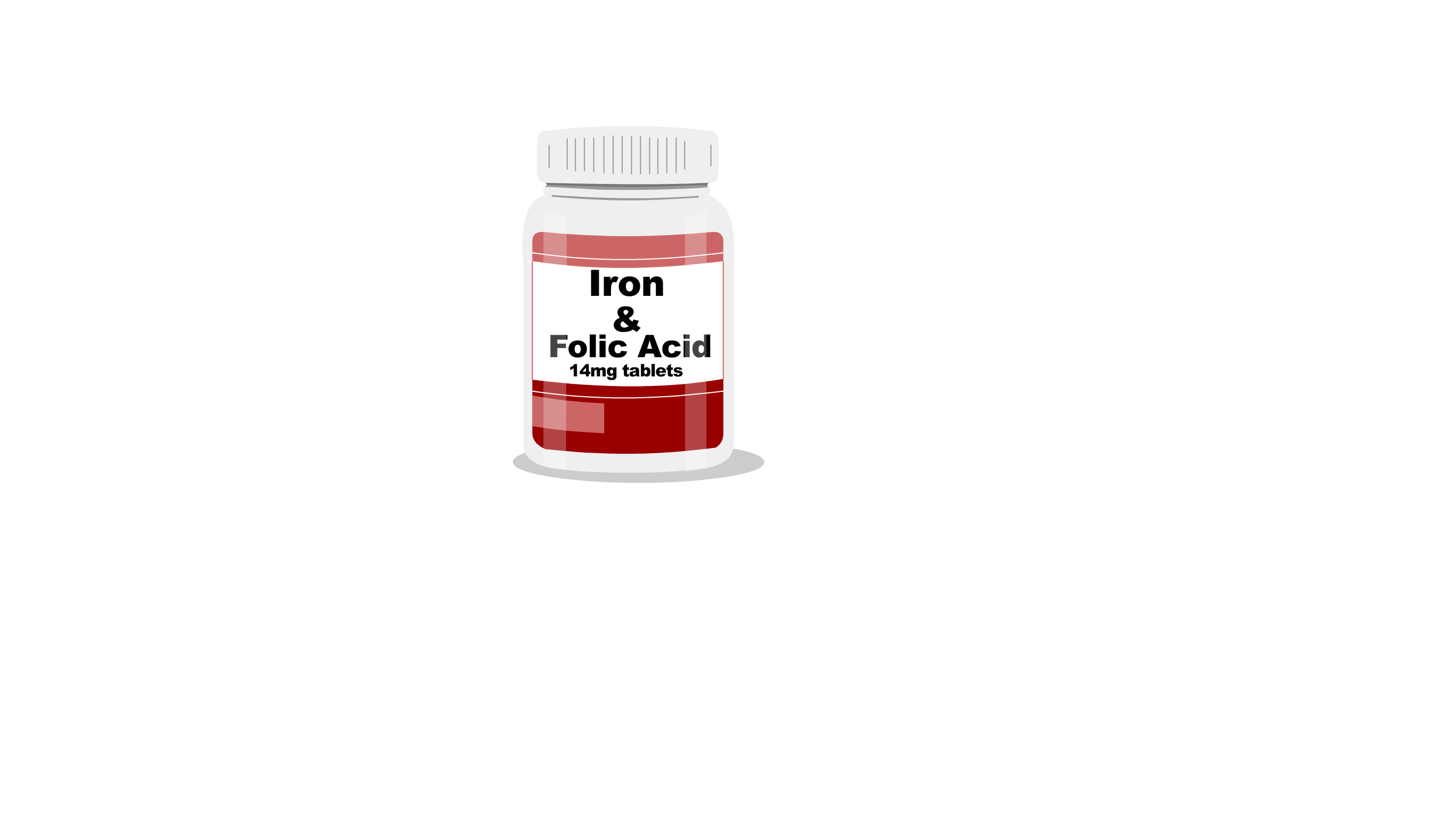

If you would like to get pregnant, planning your pregnancy is important. This is safer for you and your baby.




You may know that you are pregnant if you miss a monthly bleed if you aren’t using contraception. A urine test can be used to check.


Menopause is the end of the reproductive stage. The periods stop because the hormones change. This usually happens between the ages of 45 and 55.



Every woman will go through the menopause. There are many different symptoms but not everyone will have them.
Some common symptoms are: hot flushes, sweats at night, feeling anxious and having low mood.




Throughout your life, to stay healthy, you may be offered vaccines and screening tests.


These might include the HPV vaccine and cervical screening, which can reduce your chances of getting cancer in the neck of the womb.


Go for breast screening if you are called and check your breasts often for any lumps or changes.




It is important to know what is normal for all parts of your body and what is normal for you.
If you are worried about your periods, family planning, menopause or breast changes, see your healthcare worker for advice.

The authors of this WOMEN'S REPRODUCTIVE LIFE STAGES program are:
- Dr Charlotte Gatenby
Community Sexual and Reproductive Health Trainee, iCaSH, Cambridgeshire Community Services, Norwich, Norfolk, England, UK - Dr Anna Graham
Consultant Community Sexual and Reproductive Health, Women's Health Hub – Mile End Hospital and Waltham Forest, UK
The Welfare of Women program has been created under the General Editorship of Dr Kate Lightly, University of Liverpool, UK and is overseen by an expert International Editorial Board

